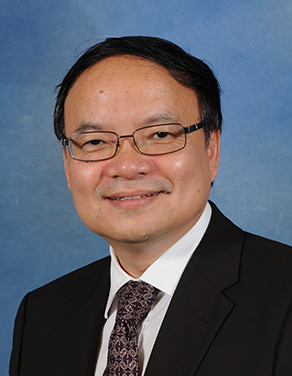China's "One Belt One Road" Initiative and Asian Community Building: Toward a New Regional Governance Framework?
Date: 10 November 2016
Since it was first proposed by President Xi Jinping in the late 2013, the "One Belt One Road" initiative (or OBOR, an abbreviation of "the New Silk Road Economic Belt," which runs westward overland through Central Asia and onward to Europe, and "the 21st-Century Maritime Silk Road", which loops south and westward by sea towards Europe) has become China's key national initiative in promoting strategic engagement and economic connectivity along these two main routes.
In view of China's growing influence and the fact that economic relations are inevitably associated with the region's changing security and institutional frameworks, OBOR should not be considered just as an economic strategy. How should one interpret China's OBOR initiative? What are the implications for Asian community building that has been so far dominated by mechanisms such as ASEAN plus 3 (China/Japan/Korea)? Is there any emerging trend with regards to the regional governance mode? This talk attempts to provide a preliminary answer to these questions.
About the speaker

Professor Liu Hong is Chair of the School of Humanities and Social Sciences and Director of the Nanyang Centre for Public Administration at Nanyang Technological University in Singapore, where he holds the Tan Kak Kee Endowed Professorship in Asian Studies. Prior to joining NTU in 2010, he was the Inaugural Director of the Centre for Chinese Studies and Chair Professor of East Asian Studies at the University of Manchester in the UK and Associate Professor of Chinese Studies at the National University of Singapore. Professor Liu's main research areas are Sino-Southeast Asian interactions, transnational governance in modern Asia, and international migration. He has authored/edited more than 12 books (in English, Chinese, and Indonesian) and over 80 academic articles, including four articles published in 2016 at the Journal of Asian Studies, International Journal of Comparative Sociology, Journal of Contemporary China, and Current History: A Journal of Contemporary World Affairs. He is the chief editor of Journal of Chinese Overseas (published by Brill in Boston and Leiden) for the International Society for the Studies of Chinese Overseas.
